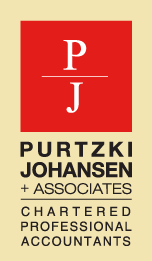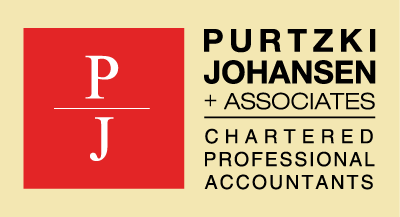You cannot start too soon getting prepared for the eventual sale of your practice.
Currently there is $971,000 of the capital gains exemption available per individual. However, as many practice sales exceed this price having one dentist as the only shareholder will cause taxation above this limit. You will need to multiply the exemption by adding family members as shareholders or implementing a family trust. Otherwise, you can end up with a huge tax bill you never anticipated.
This happened to one dentist who learned what it means to run out of the exemption. Shortly before planning to sell, he realized the sale price of $1,400,000 would exceed his capital gains exemption limit. He did not act on the accountant’s advice to previously add his spouse as a shareholder. Now he was left with the option of postponing the sale or paying personal tax of about $115,000, which he could have avoided entirely with some planning.
Often even two exemption limits are not enough. A more flexible planning structure is needed for larger practices worth over $2M or for dentists that perhaps have sold or plan to sell other practices in their careers. This is where the family trust is the saviour. Any gain incurred by the family trust can be allocated to each beneficiary and use their total lifetime capital gains exemption. You have now multiplied the capital gains exemption.
To access this capital gains exemption, the shares must be Qualifying Small Business Shares meeting three conditions.
- At the time of sale, 90% of the fair market value of the corporate assets must be used in an active practice.
- During the 24 months before the sale of the shares, 50% of the fair market value of the corporation’s assets must have been used in an active business.
- You must have owned the shares 24 months before the sale.
The 50% test can get people caught not planning for a sale. It means that at least two years before a sale, your non-practice assets (i.e. investments) cannot exceed 50% of the total value of all company assets. If you have excess investments, you can employ some defensive strategies to remove these investment assets ahead of time without income tax consequences. In accounting terminology, this step is called “purification”.
Letting too much cash or investments build up on a regular basis can cause your practice sale to be taxable if you are not careful and purifying regularly. Ensure your accountant has this discussion with you at least every two years to ensure you are always on track to sell in the future tax-free!



